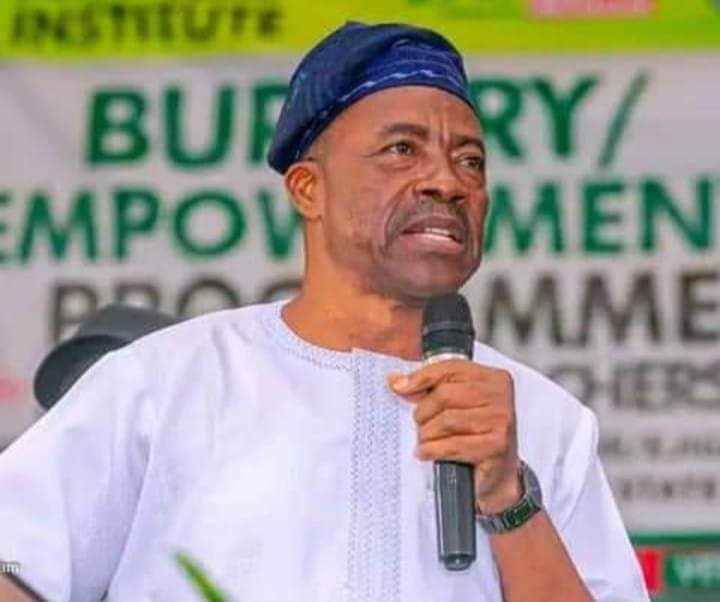The political landscape of Ife Federal Constituency in Osun State, Nigeria, recently witnessed a period of internal strife within the Peoples Democratic Party (PDP). This discord stemmed from accusations of anti-party activities leveled against key party figures, including the Deputy Governor, Kola Adewusi, former PDP National Secretary, Professor Wale Oladipo, and Ife East PDP Chairman, Olasunkanmi Makinde. The crux of the allegations revolved around their perceived association with Bimbo Ajilesoro, a former member of the House of Representatives who had recently defected to the All Progressives Congress (APC). This perceived fraternization with a political opponent ignited concerns among party loyalists, leading to a vote of no confidence against the aforementioned leaders.
The discontent within the PDP ranks was further fueled by underlying anxieties regarding the upcoming 2026 governorship election. Speculation was rife that Governor Ademola Adeleke might consider replacing Deputy Governor Adewusi with another individual from Ife, adding another layer of complexity to the already tense political climate. This potential shift in power dynamics likely contributed to the escalating tensions and fueled the accusations of anti-party behavior. The situation highlighted the delicate balance of power within the party and the strategic maneuvering often associated with pre-election periods.
The crisis reached a boiling point on September 1st, when 39 prominent PDP leaders, including Commissioners Biyi Odunlade (Political Affairs) and Dipo Eluwole (Education), signed a communiqué formally expressing their condemnation of Ajilesoro’s defection and their disappointment in the continued relationship between him and the three accused leaders. This formal declaration of disapproval underscored the seriousness of the allegations and the growing rift within the party. The public nature of the communiqué further amplified the internal conflict, placing pressure on party leadership to address the escalating situation.
However, in a swift turn of events, Deputy Governor Adewusi announced on Friday that the internal crisis had been resolved. Following a stakeholders’ meeting held at his residence in Ile-Ife, party leaders agreed to put their differences aside and work collectively towards the PDP’s success. Adewusi portrayed the conflict as a minor disagreement, emphasizing the party’s unity and downplaying the severity of the preceding events. He attributed the reconciliation to the intervention of the senatorial chairman and other influential stakeholders, suggesting a concerted effort to mend the fractured relationships within the party.
Further bolstering the reconciliation efforts, Governor Adeleke himself convened a separate meeting with key party figures, including Deputy Governor Adewusi, Deputy Senate Minority Leader Lere Oyewumi, State PDP Chairman Sunday Bisi, and Commissioners’ Forum Chairman Ganiyu Olaoluwa. During this meeting, Governor Adeleke attributed the crisis to communication gaps and urged party leaders to close ranks and prioritize unity in order to secure victory in future elections. This direct intervention from the Governor demonstrated his commitment to resolving the internal conflict and solidifying the party’s position ahead of upcoming electoral contests.
The swift resolution of the crisis suggests a concerted effort by party leadership to present a united front. While the public pronouncements emphasized reconciliation and unity, the underlying tensions and political maneuvering that fueled the initial conflict likely remain. The events highlight the dynamic nature of political alliances and the importance of managing internal conflicts to maintain party cohesion, particularly in the lead-up to crucial elections. The long-term impact of this episode on the PDP’s internal dynamics and its prospects in the 2026 governorship election remains to be seen.














